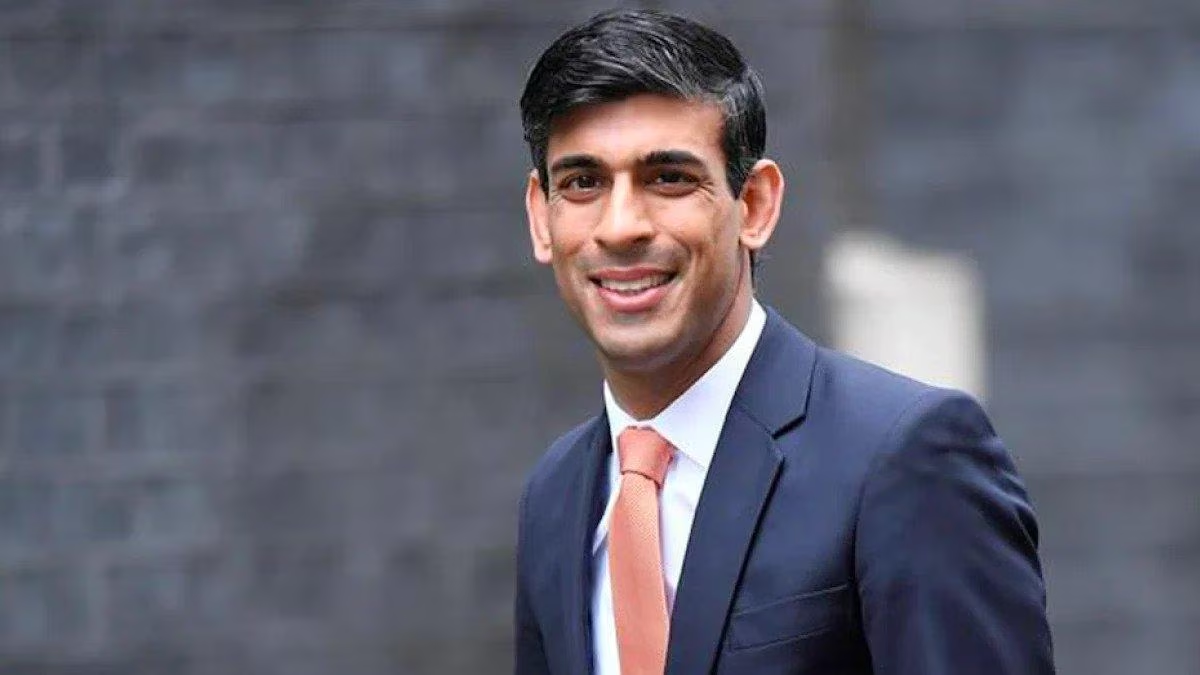The Bank of England's projection suggests that the British economy will remain stagnant until after the upcoming election, dealing a significant blow to Rishi Sunak, who had pledged to boost economic growth as one of his five promises to voters in January.
As per the Bank's assessment, the United Kingdom's gross domestic product (GDP) is anticipated to exhibit zero growth until 2025, coinciding with the expected election next year.
Furthermore, interest rates were maintained at 5.25%, and Bank of England governor Andrew Bailey cautioned that they are likely to remain at this level for an extended period.
Shadow chancellor Rachel Reeves remarked, "These predictions serve as a severe indictment of 13 years of economic underperformance, which has left the working population in a worse financial state. At the beginning of the year, Rishi Sunak and Jeremy Hunt pledged to stimulate economic growth. These statistics demonstrate that we are moving in the opposite direction."
"We are projected to transition from a period of low growth to no growth, and it is the working population who will bear the consequences."
In January, Sunak pledged to not only stimulate economic growth but also to reduce inflation, decrease the national debt, cut down on NHS waiting lists, and curb the flow of small boats carrying asylum seekers across the English Channel.
Nonetheless, there was positive news for the Prime Minister, as the Bank of England foresees a continued decline in inflation next year.
Jeremy Hunt commented, "Inflation is on the decline, wages are increasing, and the economy is expanding. The UK has displayed greater resilience than many had anticipated, but sustainable growth remains the most effective means to achieve prosperity."
The Chancellor indicated that the Autumn Statement, to be presented later this month, "will outline our strategy for bolstering economic growth by mobilizing private investment, reemploying more British citizens, and enhancing the efficiency of the British government."




Comments (0)